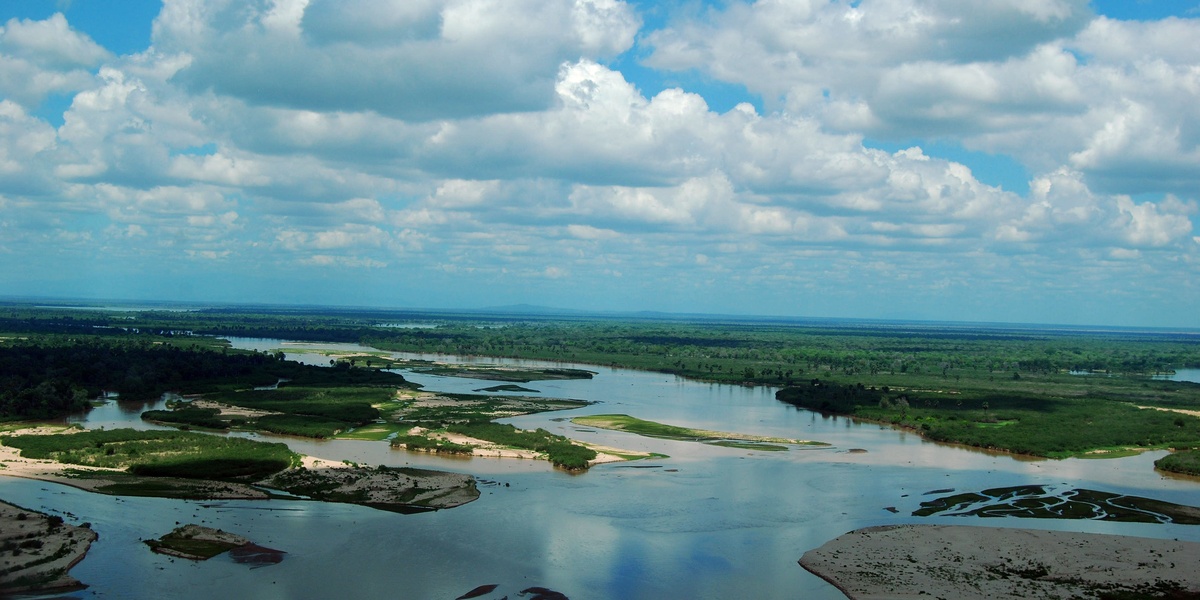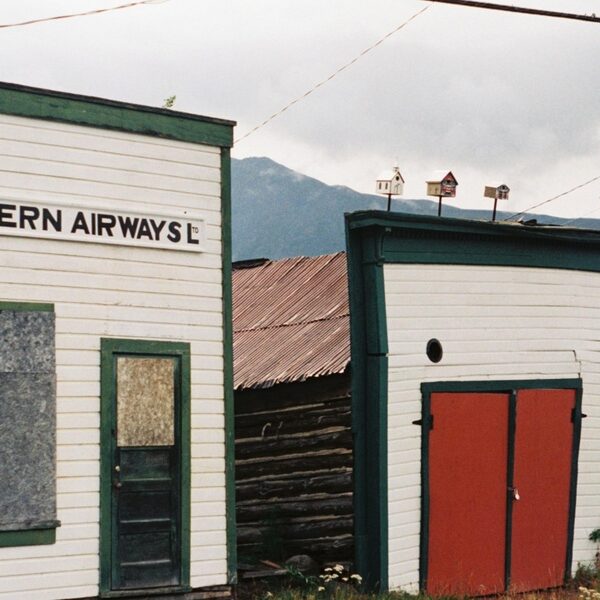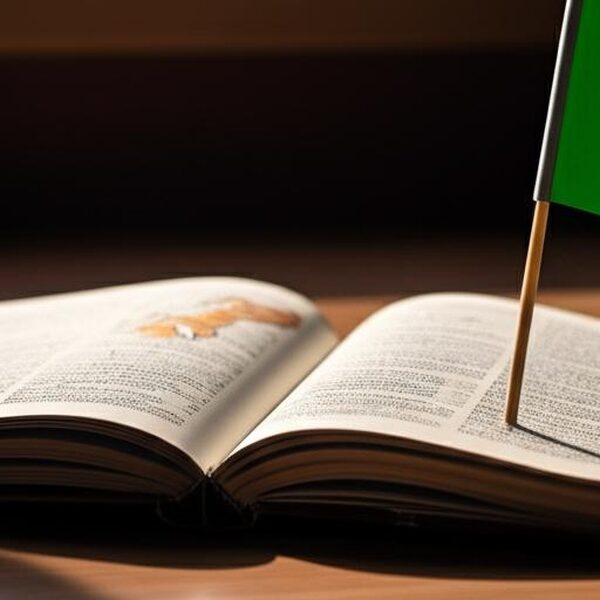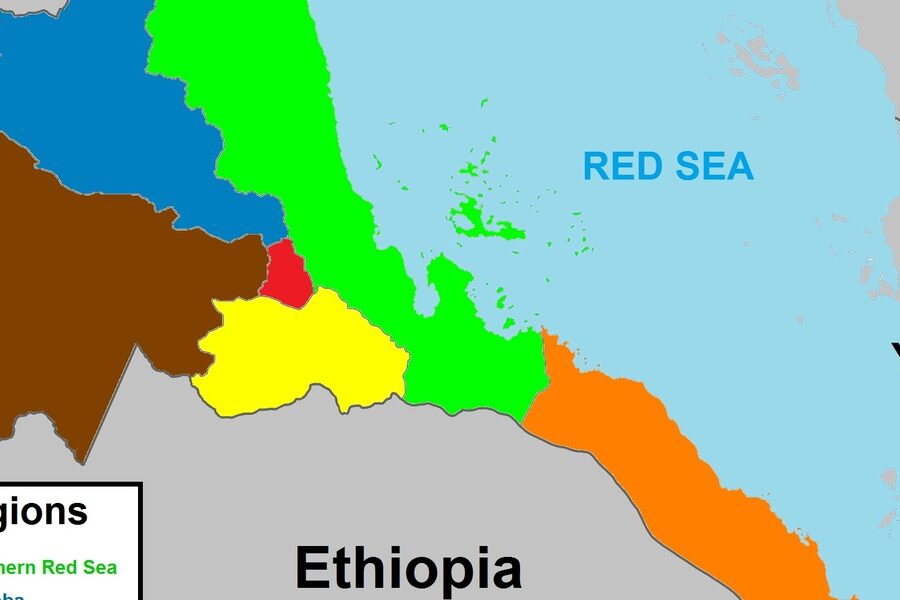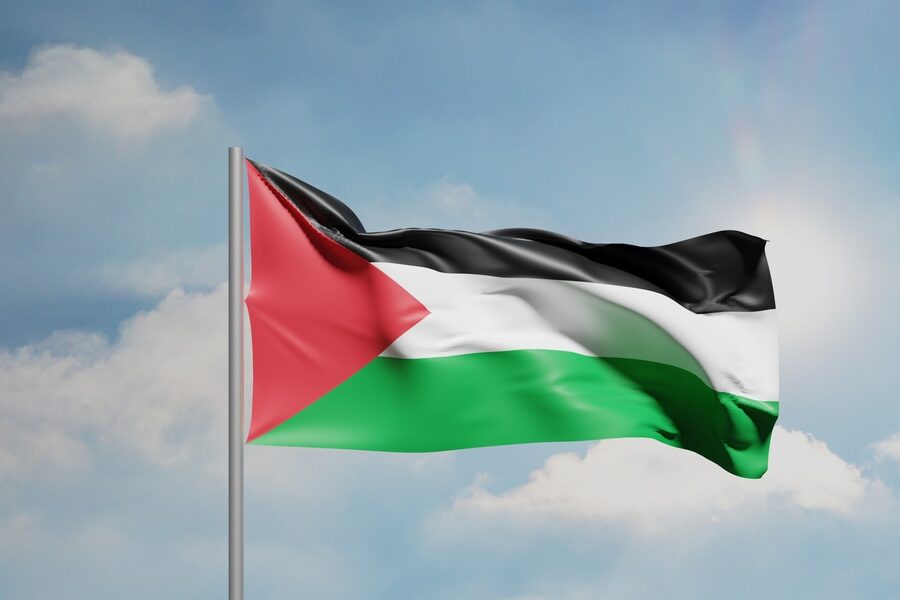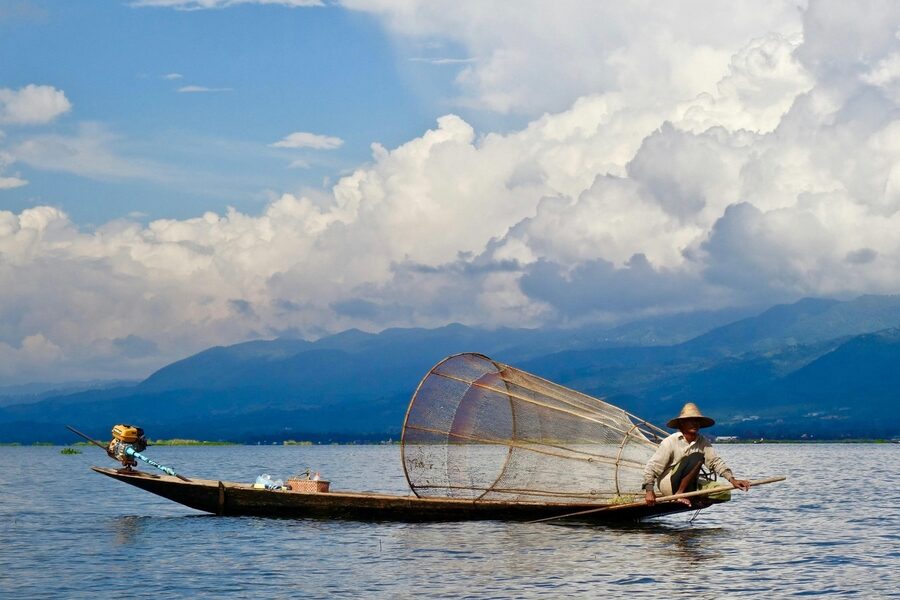Tanzania’s rivers weave from highland springs to the Indian Ocean, shaping ecosystems, farming zones and transport routes across the country. Knowing their names and basic facts makes it easier to study watershed health, plan field trips or simply appreciate the geographic variety.
There are 58 Rivers in Tanzania, ranging from Bubu to Zira. For each entry you’ll find below Length (km),Region / Basin,Notable (max 15 words), presented so you can quickly compare size, location and any standout features you’ll find below.
How were the river lengths and basin assignments determined?
Lengths and basin assignments combine official maps, hydrological surveys and widely used geographic datasets; figures can vary by source, so treat the list as a practical reference and check primary datasets or local authorities for precise measurements or recent changes.
Is this list suitable for travel planning or environmental research?
Yes, it’s a helpful starting point for identifying rivers of interest, but for travel, navigation or rigorous research verify current conditions, access permissions and detailed maps or scientific studies before acting on the information.
Rivers in Tanzania
| Name | Length (km) | Region / Basin | Notable (max 15 words) |
|---|---|---|---|
| Rufiji | 600 | Pwani, Morogoro / Indian Ocean | Tanzania’s largest river by volume, flows through Nyerere National Park. |
| Great Ruaha | 840 | Iringa, Morogoro / Rufiji Basin (Indian Ocean) | Lifeblood of Ruaha National Park, critical for wildlife and hydropower. |
| Kagera | 900 | Kagera / Lake Victoria | Largest river flowing into Lake Victoria, considered the most remote source of the Nile. |
| Ruvuma | 800 | Ruvuma, Mtwara / Indian Ocean | Forms the international border between Tanzania and Mozambique. |
| Pangani | 500 | Kilimanjaro, Tanga / Indian Ocean | Heavily used for irrigation and hydroelectric power, including Nyumba ya Mungu Dam. |
| Malagarasi | 475 | Kigoma, Tabora / Lake Tanganyika | Tanzania’s second longest river, home to vast wetlands and unique fish species. |
| Wami | 546 | Morogoro, Pwani / Indian Ocean | Flows through Saadani National Park, connecting savanna wildlife to the Indian Ocean. |
| Grumeti | 450 | Mara, Simiyu / Lake Victoria | Famous for its giant crocodiles that prey on wildebeest during Serengeti migration. |
| Kilombero | 450 | Morogoro / Rufiji Basin (Indian Ocean) | Centerpiece of the Kilombero Valley floodplain, a Ramsar wetland of international importance. |
| Ugalla | 460 | Tabora, Kigoma / Malagarasi Basin (Lake Tanganyika) | Flows through the remote Ugalla River National Park, a wild and pristine ecosystem. |
| Kisigo | 400 | Dodoma, Iringa / Rufiji Basin (Indian Ocean) | A major, largely seasonal, tributary of the Great Ruaha River. |
| Mara | 395 | Mara / Lake Victoria | Site of the dramatic Great Migration river crossings in Serengeti National Park. |
| Moyowosi | 370 | Kigoma / Malagarasi Basin (Lake Tanganyika) | Key river in the Malagarasi-Moyowosi wetlands, a vast and biodiverse Ramsar site. |
| Rungwa | 350 | Mbeya, Tabora / Lake Rukwa (Internal) | The main river flowing into the endorheic Lake Rukwa. |
| Muhuwesi | 335 | Ruvuma / Ruvuma Basin (Indian Ocean) | A major tributary of the Ruvuma River in southern Tanzania. |
| Ruvu | 300 | Pwani, Dar es Salaam / Indian Ocean | The primary water source for Tanzania’s largest city, Dar es Salaam. |
| Luwegu | 300 | Morogoro, Lindi / Rufiji Basin (Indian Ocean) | Major tributary of the Rufiji, flowing through the heart of the Selous ecosystem. |
| Ruhuhu | 300 | Ruvuma, Njombe / Lake Nyasa | The largest river entering Lake Nyasa from the Tanzanian side. |
| Manonga | 300 | Shinyanga, Tabora / Lake Eyasi (Internal) | Seasonal river flowing through the Wembere Steppe towards Lake Eyasi. |
| Mbemkuru | 290 | Lindi / Indian Ocean | Large seasonal river system in southern Tanzania flowing into the Indian Ocean. |
| Nikonga | 280 | Kigoma / Malagarasi Basin (Lake Tanganyika) | Also called Gombe River, it flows through Gombe Stream National Park. |
| Ruhudji | 280 | Njombe, Morogoro / Rufiji Basin (Indian Ocean) | Major tributary of the Kilombero River with significant hydropower potential. |
| Msangesi | 270 | Ruvuma / Ruvuma Basin (Indian Ocean) | Another significant tributary of the Ruvuma River on the Mozambique border. |
| Simiyu | 250 | Simiyu, Mwanza / Lake Victoria | Drains a large agricultural area south of Lake Victoria. |
| Little Ruaha | 250 | Iringa / Rufiji Basin (Indian Ocean) | An important tributary that joins the Great Ruaha River. |
| Wembere | 250 | Singida, Tabora / Lake Eyasi (Internal) | Flows across the vast Wembere Steppe in an internal drainage basin. |
| Matandu | 230 | Lindi / Indian Ocean | Enters the Indian Ocean near the historic town of Kilwa Kivinje. |
| Mnyera | 230 | Morogoro / Rufiji Basin (Indian Ocean) | Tributary of the Kilombero renowned for world-class tigerfishing. |
| Sibiti | 220 | Singida, Arusha / Lake Eyasi (Internal) | Key seasonal water source for the Hadzabe people and wildlife around Lake Eyasi. |
| Songwe | 200 | Mbeya, Songwe / Lake Nyasa | Forms part of the international border between Tanzania and Malawi. |
| Bubu | 200 | Dodoma, Singida / Bahi Swamp (Internal) | An endorheic river that terminates in the Bahi Swamp. |
| Lufubu | 200 | Rukwa / Lake Tanganyika | Enters the southern end of Lake Tanganyika. |
| Njombe | 200 | Morogoro, Iringa / Rufiji Basin (Indian Ocean) | Tributary of the Kilombero, draining the Udzungwa Mountains. |
| Lukosi | 190 | Iringa / Rufiji Basin (Indian Ocean) | Flows entirely within Ruaha National Park, joining the Great Ruaha. |
| Duma | 180 | Simiyu / Lake Victoria | Flows into the southern part of Lake Victoria’s Speke Gulf. |
| Ngerengere | 180 | Morogoro / Ruvu Basin (Indian Ocean) | Flows through Morogoro town and is a major tributary of the Ruvu River. |
| Mbalageti | 175 | Simiyu, Mara / Lake Victoria | Flows through the Serengeti’s Western Corridor, a key part of the migration route. |
| Lukuledi | 160 | Lindi, Mtwara / Indian Ocean | Reaches the Indian Ocean just south of Lindi town. |
| Kiwira | 155 | Mbeya / Lake Nyasa | Known for the “Daraja la Mungu” (Bridge of God) natural rock formation. |
| Luhombero | 150 | Morogoro / Rufiji Basin (Indian Ocean) | Flows through a remote section of Nyerere National Park. |
| Orangi | 150 | Mara / Lake Victoria | Flows through the northern Serengeti, providing a vital water source for wildlife. |
| Pitu | 150 | Ruvuma / Ruvuma Basin (Indian Ocean) | Tributary of the Ruhuhu River, which drains into Lake Nyasa. |
| Mkomazi | 140 | Kilimanjaro, Tanga / Pangani Basin (Indian Ocean) | Primary watercourse in Mkomazi National Park, known for rhino and wild dog conservation. |
| Kavu | 140 | Rukwa / Lake Rukwa (Internal) | One of the primary rivers that feed the shallow, alkaline Lake Rukwa. |
| Rumakali | 140 | Njombe / Lake Nyasa | Flows into Lake Nyasa in the Ludewa district. |
| Umba | 130 | Tanga / Indian Ocean | Originates in the Usambara Mountains and forms part of the Kenya-Tanzania border. |
| Mchuchuma | 130 | Ruvuma / Ruvuma Basin (Indian Ocean) | Basin is known for having significant and undeveloped coal deposits. |
| Mgeta | 120 | Morogoro / Rufiji Basin (Indian Ocean) | Drains the northern slopes of the Uluguru Mountains. |
| Zira | 120 | Rukwa, Mbeya / Lake Rukwa (Internal) | Flows from the Mbeya mountain range into the Lake Rukwa basin. |
| Kingani | 110 | Pwani / Ruvu Basin (Indian Ocean) | A tributary of the Ruvu River in the coastal region near Dar es Salaam. |
| Zigi | 100 | Tanga / Indian Ocean | Supplies water to Tanga city from its source in the East Usambara Mountains. |
| Lawati | 100 | Kilimanjaro / Pangani Basin (Indian Ocean) | Tributary of the Kikuletwa River in the upper Pangani basin. |
| Lufilyo | 97 | Mbeya / Lake Nyasa | The valley is known for productive tea plantations. |
| Mbaka | 85 | Mbeya / Lake Nyasa | Drains the Poroto Mountains and flows into Lake Nyasa. |
| Kikuletwa | 80 | Kilimanjaro, Arusha / Pangani Basin (Indian Ocean) | Fed by mountain streams, famous for the Chemka Hot Springs. |
| Luiche | 60 | Kigoma / Lake Tanganyika | Forms a small delta where it enters Lake Tanganyika near Kigoma. |
| Momella | 50 | Arusha / Pangani Basin (Internal) | Connects the Momella Lakes within Arusha National Park. |
| Usa | 40 | Arusha / Pangani Basin (Internal) | Small river flowing from Mount Meru, important for local coffee irrigation. |
Images and Descriptions
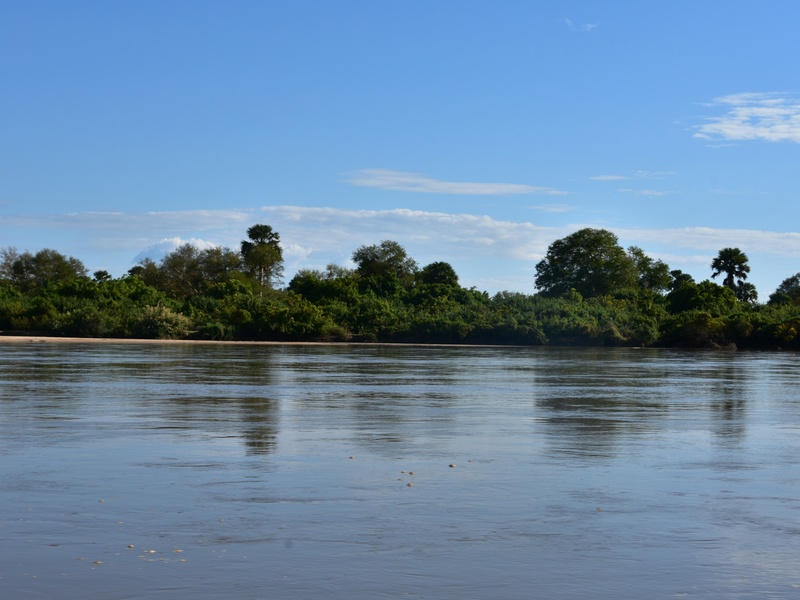
Rufiji
Form the largest river system in Tanzania. Flow east to the Indian Ocean through a wide delta. Drain a large portion of the southern highlands and supply hydro and irrigation.
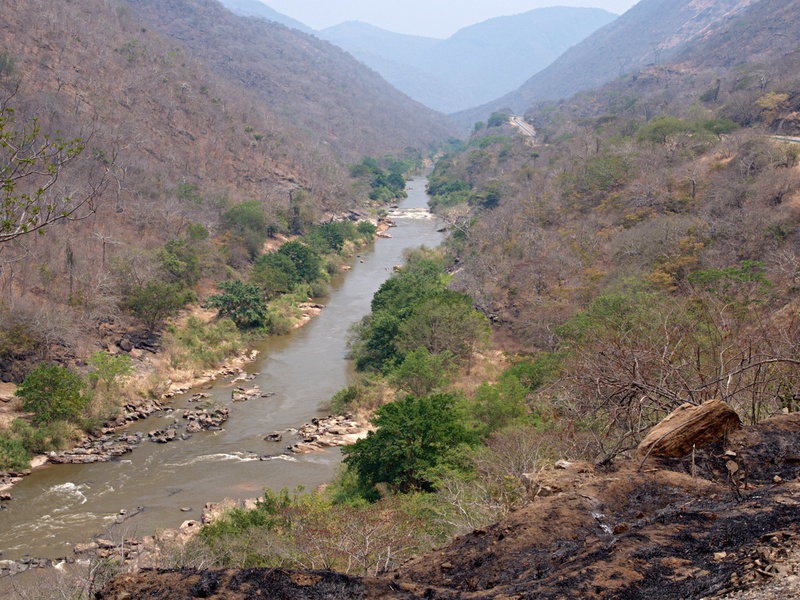
Great Ruaha
Serve as a major tributary of the Rufiji system. Rise in the southern highlands and flow through the Usangu plains. Power hydroelectric plants and support wildlife in Ruaha National Park.
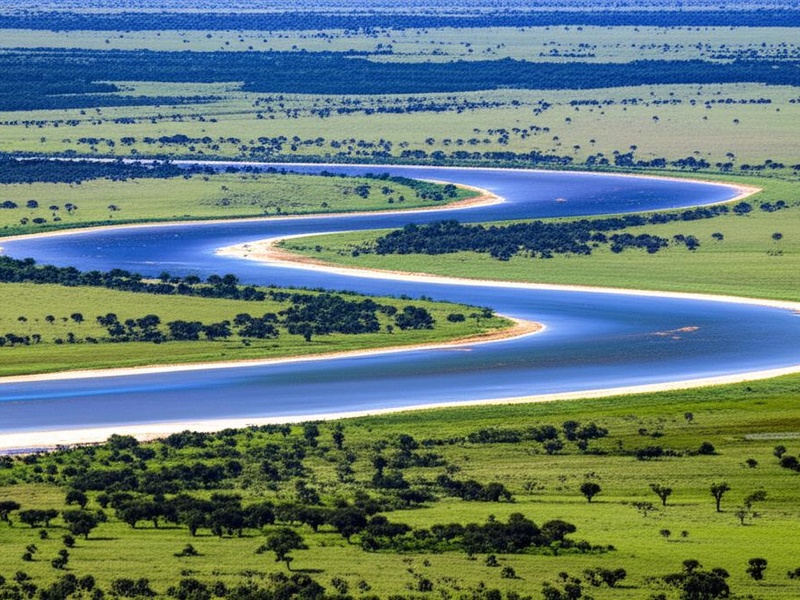
Kagera
Flow along Tanzania’s northwest and feed Lake Victoria. Form part of the upper Nile catchment. Mark an important border and supply water to the Lake Victoria basin.
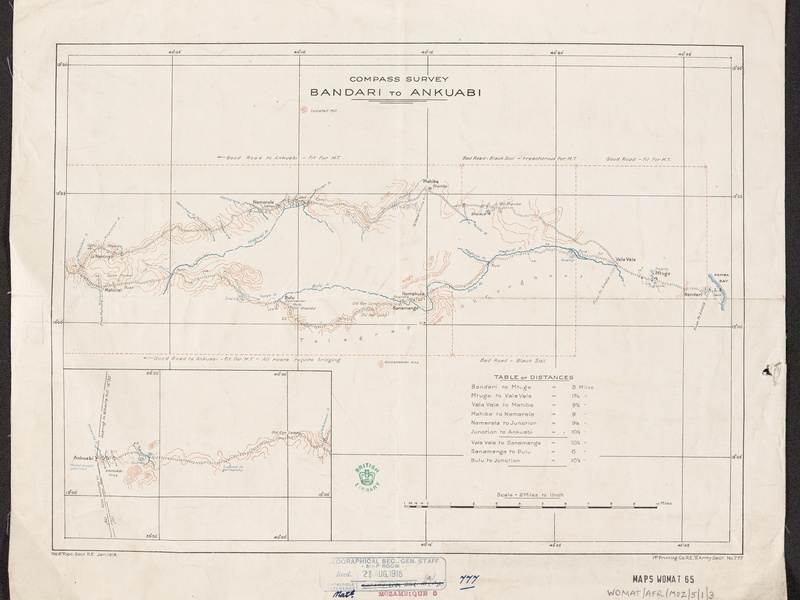
Ruvuma
Form the southern border with Mozambique and flow east to the Indian Ocean. Drain large upland areas in southern Tanzania. Support farming and border ecosystems.
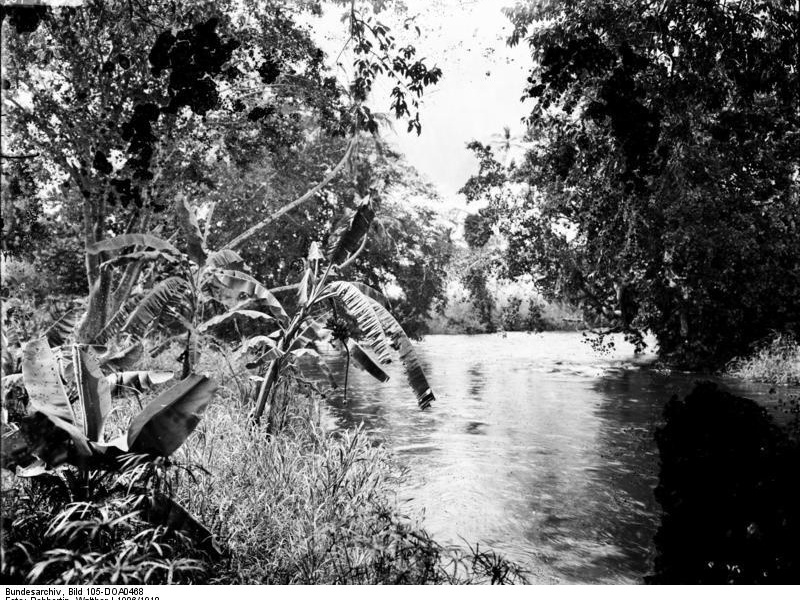
Pangani
Rise from Kilimanjaro and Meru areas and flow southeast to the Indian Ocean. Support irrigation and hydropower. Serve towns like Pangani and coastal farms.
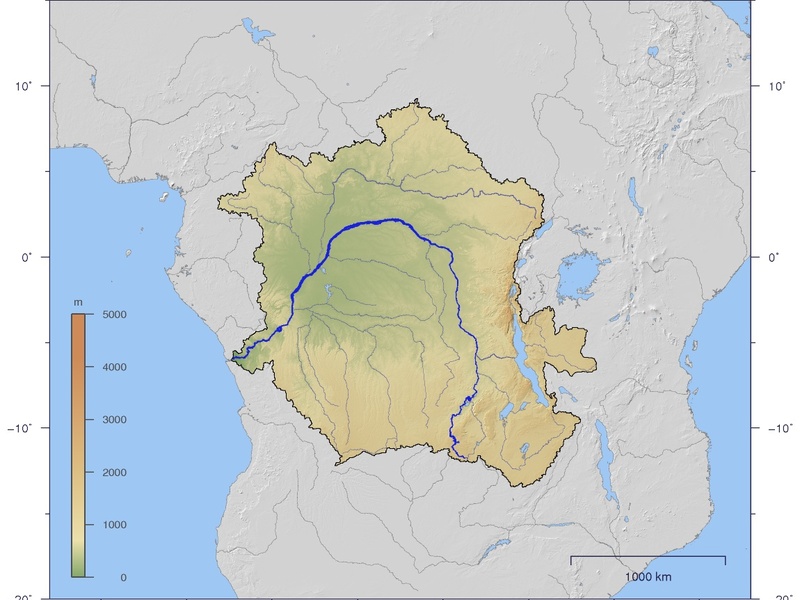
Malagarasi
Rank among Tanzania’s largest rivers and flow west into Lake Tanganyika. Drain heavy rainfall in western Tanzania. Create important wetlands and fishing grounds.
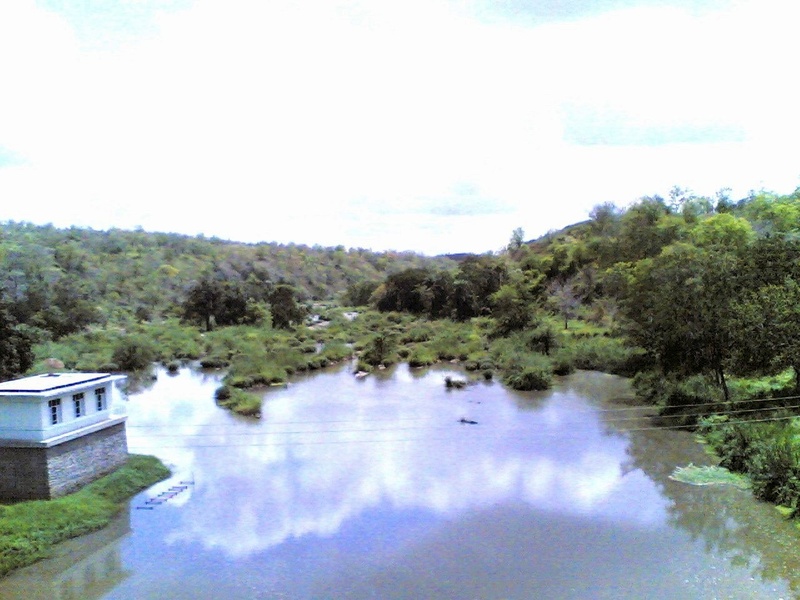
Wami
Run from central highlands to the Indian Ocean near the coast north of Dar es Salaam. Show strong seasonal flow. Support agriculture in coastal plains.
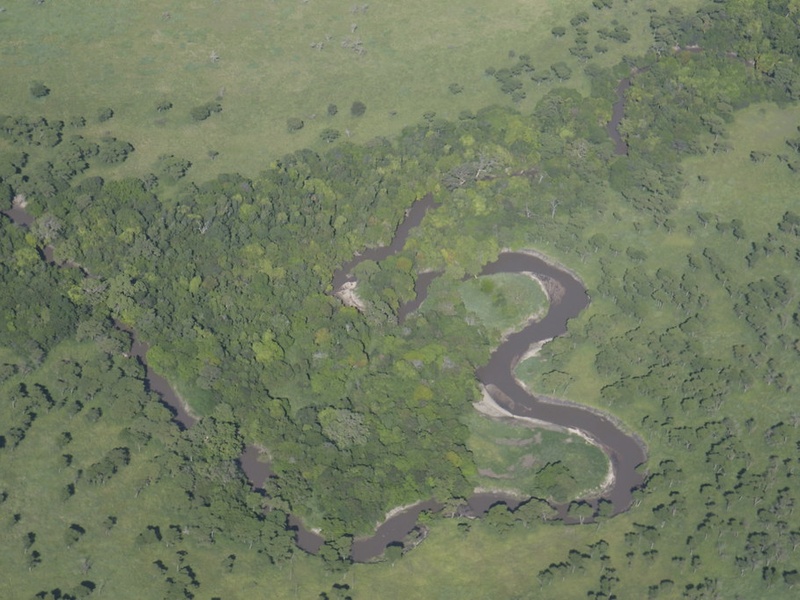
Grumeti
Flow across the western Serengeti toward the Lake Victoria basin. Produce famous wildebeest river crossings in the park. Join the wider Lake Victoria watershed.
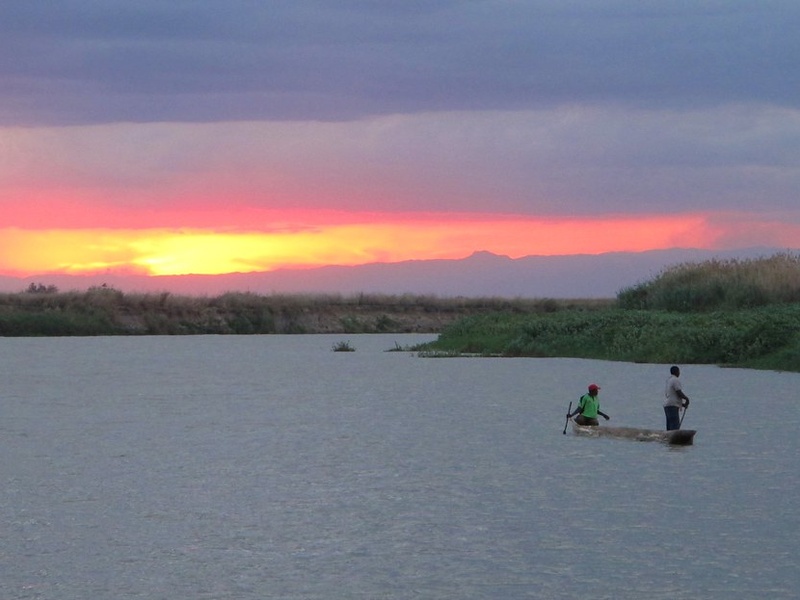
Kilombero
Form the large Ulanga–Kilombero floodplain in south-central Tanzania. Hold rich wetlands and seasonal floods. Act as an important tributary in the Rufiji catchment.
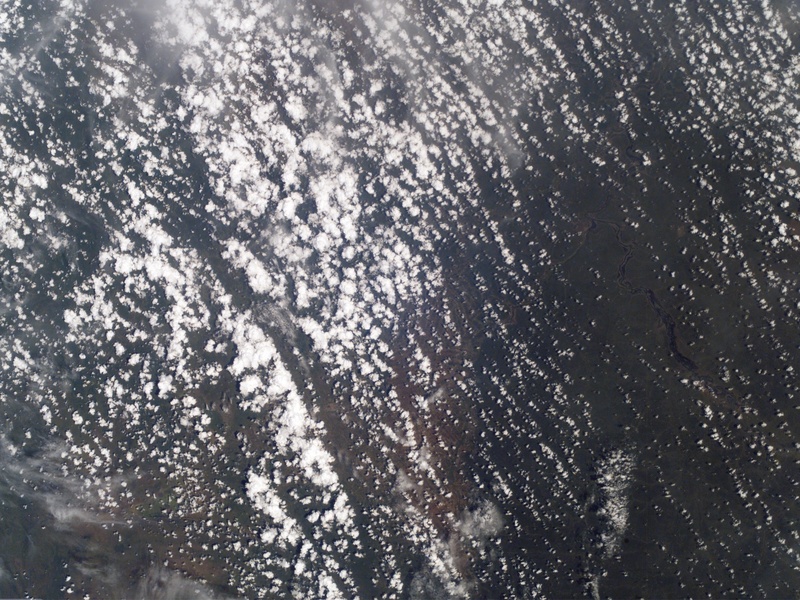
Ugalla
Flow through remote woodlands in western Tanzania. Form part of a forested river system with seasonal floods. Support wildlife and small human settlements.
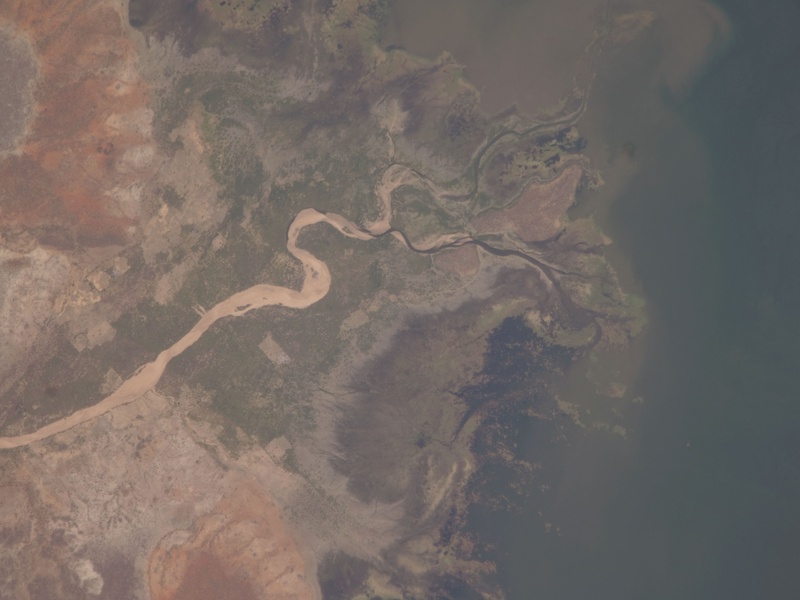
Kisigo
Exist as a smaller river in southern or central Tanzania. Show seasonal flow and support local farming and grazing lands. Feature in regional drainage networks.

Mara
Drain the Serengeti and flow north to Lake Victoria. Mark the Tanzania–Kenya ecosystem that supports wildlife migrations. Feed Lake Victoria’s northeastern shore.
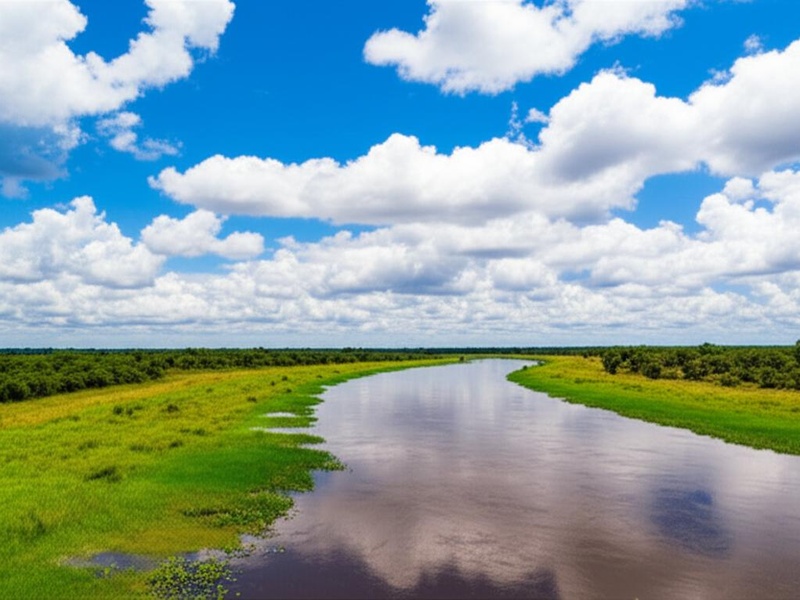
Moyowosi
Run in western Tanzania and join the Malagarasi wetlands. Create dense swamps and floodplains. Support diverse wildlife and local fisheries.
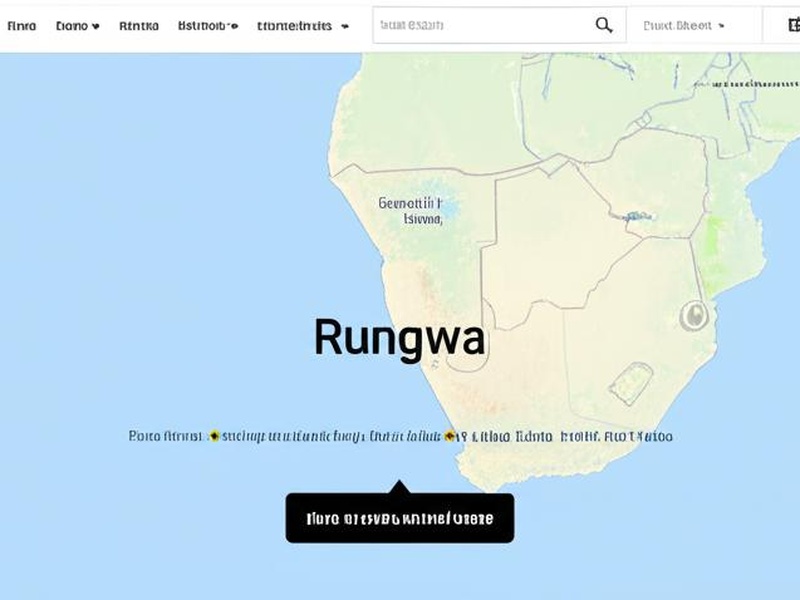
Rungwa
Flow inside central-western protected areas. Feed seasonal pools and dry forest habitats. Help sustain wildlife in remote reserves.
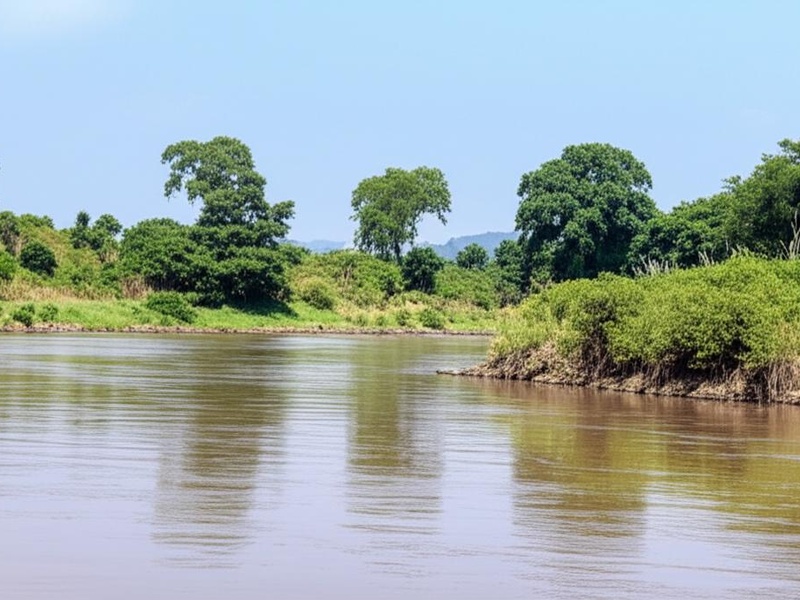
Muhuwesi
Serve as a smaller river in southern Tanzania. Show seasonal flow patterns and support rural communities and farming.
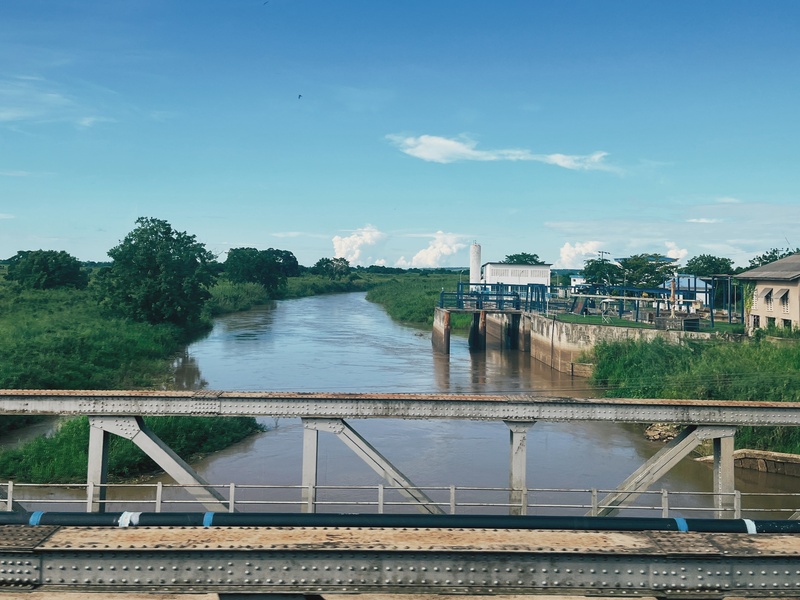
Ruvu
Flow from the Uluguru and surrounding hills toward the coast near Dar es Salaam. Supply water to urban areas. Act as an important coastal river system.
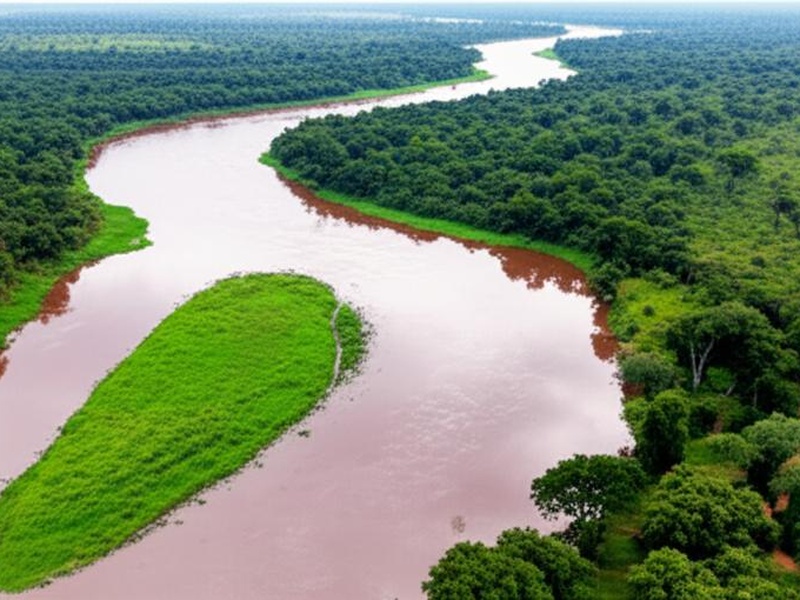
Luwegu
Run in northern or northeastern Tanzania and drain toward the coast. Show seasonal rains and feed local plains and agriculture.
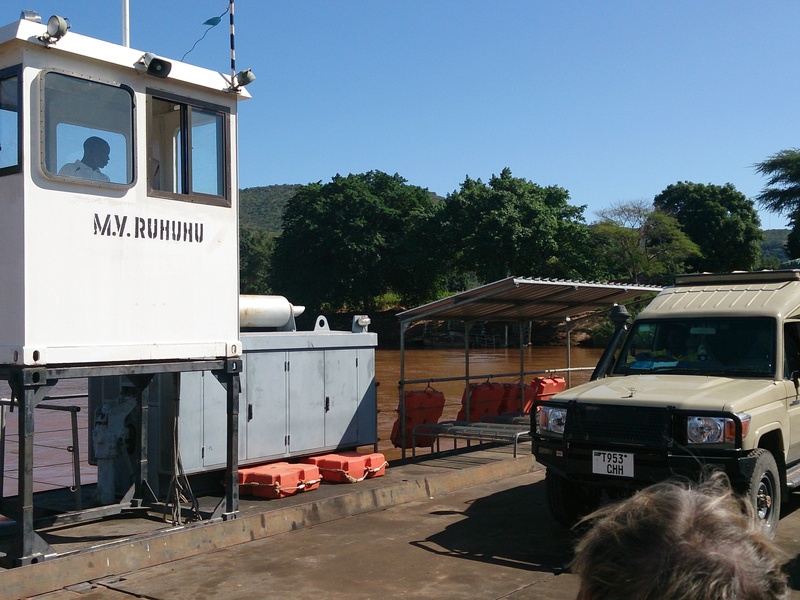
Ruhuhu
Rise in the southern highlands and flow into Lake Nyasa (Lake Malawi). Carry clear mountain water and feed important southern catchments.
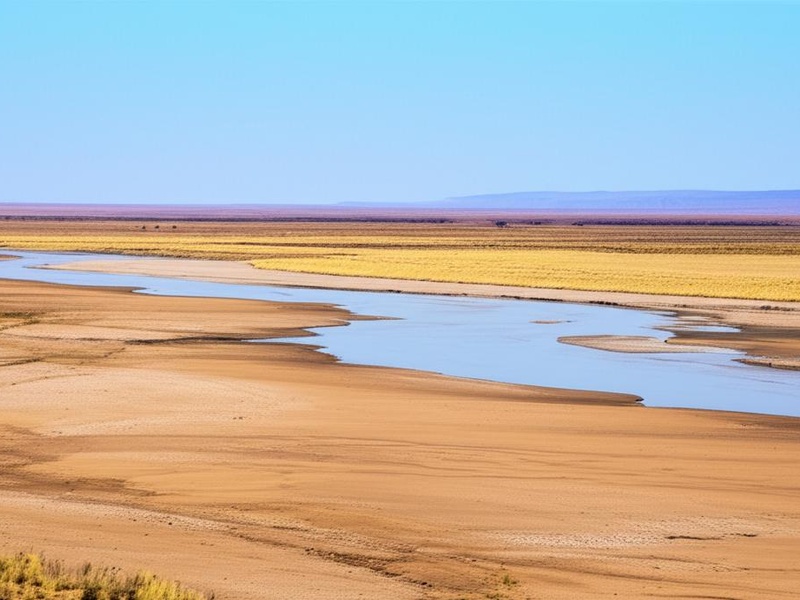
Manonga
Exist as a small, seasonal river in central Tanzania. Flow into local depressions and support pastoral and crop lands during the rains.
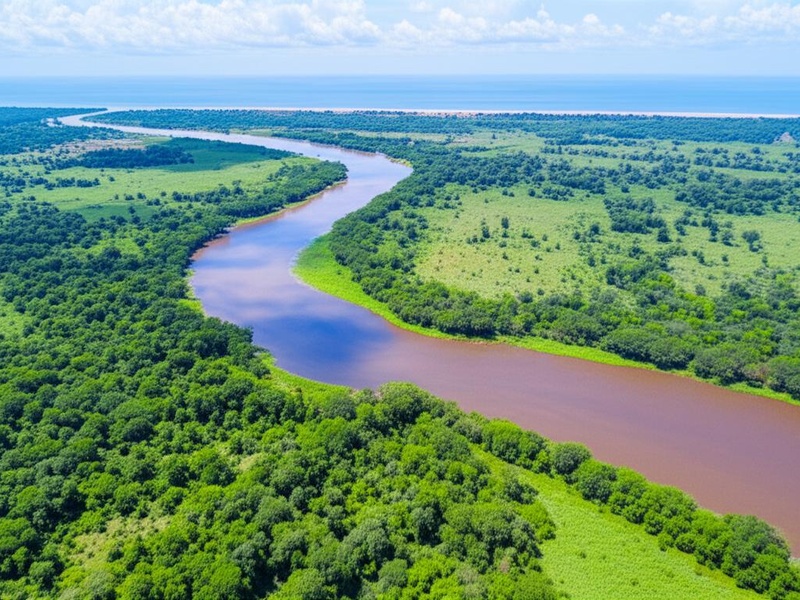
Mbemkuru
Run in southeastern Tanzania and flow to the Indian Ocean near Lindi. Support coastal agriculture and local fisheries in downstream areas.

Nikonga
Serve as a minor river or stream in Tanzania’s rural landscapes. Show seasonal flow and feed local wells, farms, and small wetlands.
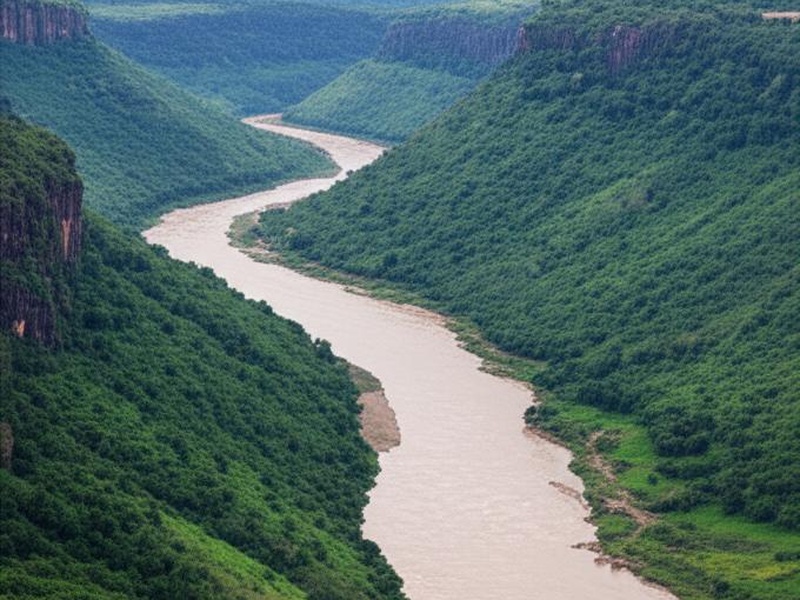
Ruhudji
Flow as a southern or central river with seasonal floods. Support local irrigation and join larger regional drainage systems.

Msangesi
Exist as a smaller catchment stream in Tanzania’s coastal or highland zones. Provide local water for villages and seasonal cropping.
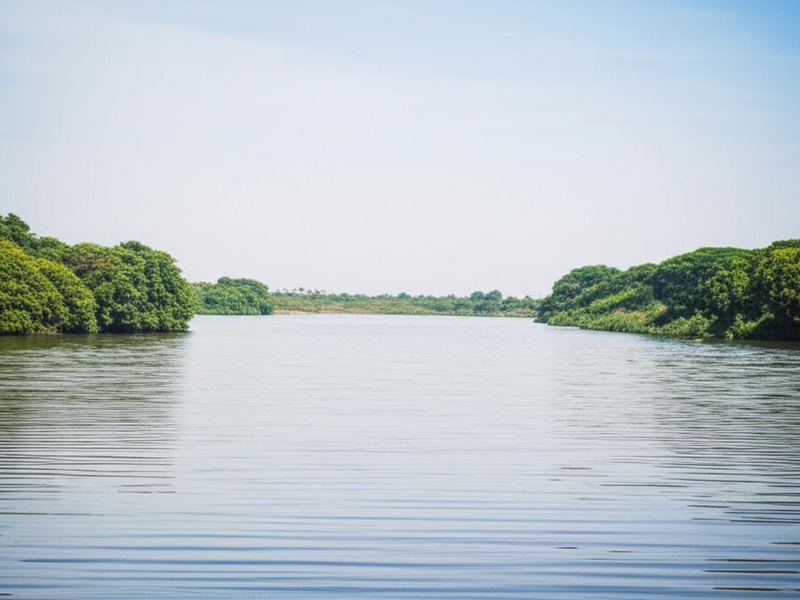
Simiyu
Drain the southern Serengeti and flow into Lake Victoria. Run through Simiyu Region and support wetlands used by wildlife and livestock.
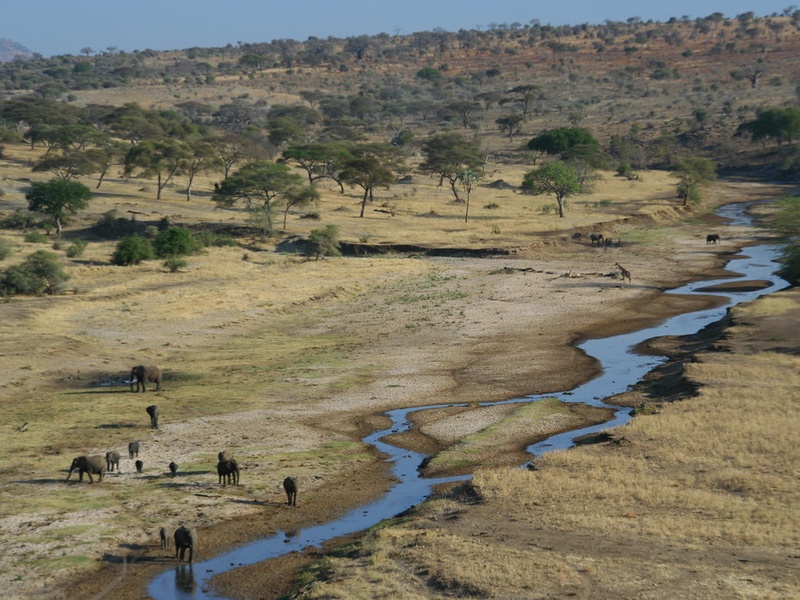
Little Ruaha
Form a tributary in the Rufiji basin and run near the Great Ruaha. Support dry-season water flows in central Tanzania. Feed Ruaha National Park habitats.
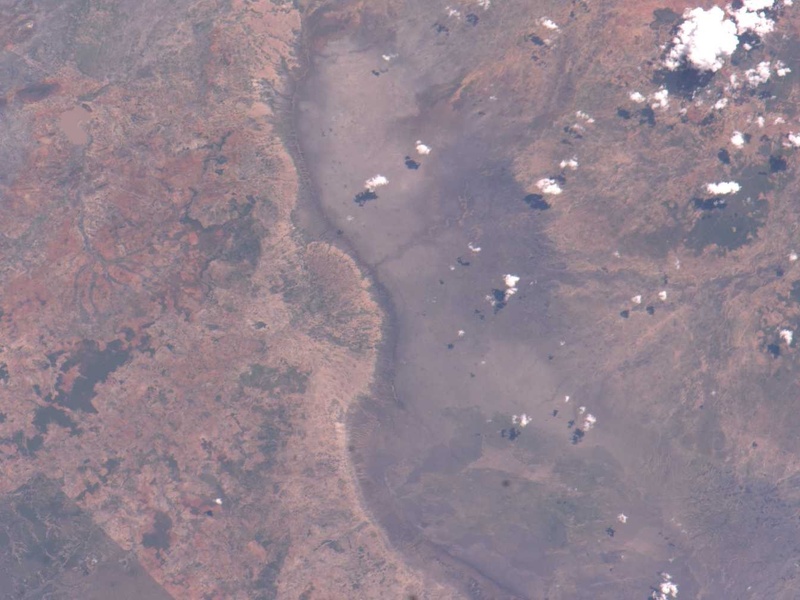
Wembere
Run across central Tanzania and create large seasonal floodplains. Support grazing and wildlife during wet seasons. Form part of internal drainage.
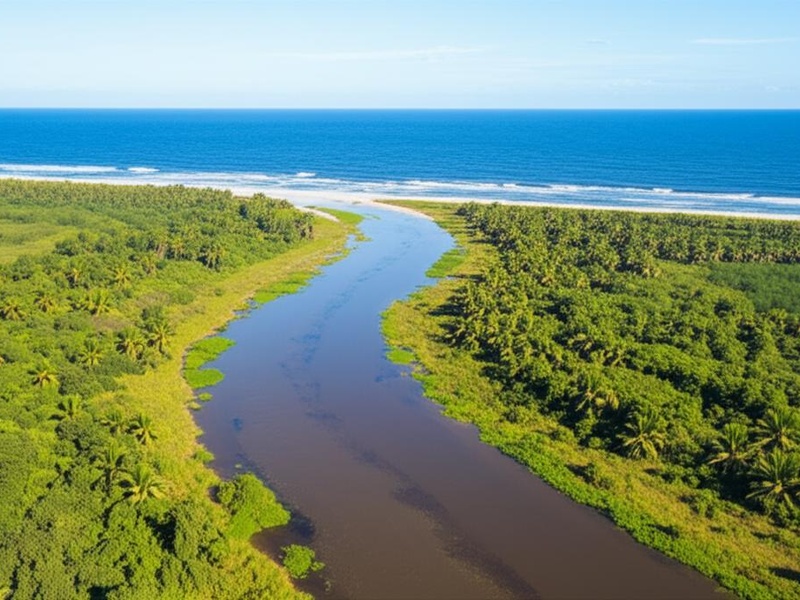
Matandu
Flow in southern coastal Tanzania and empty into the Indian Ocean. Support local coastal towns and agriculture in Lindi and Kilwa areas.
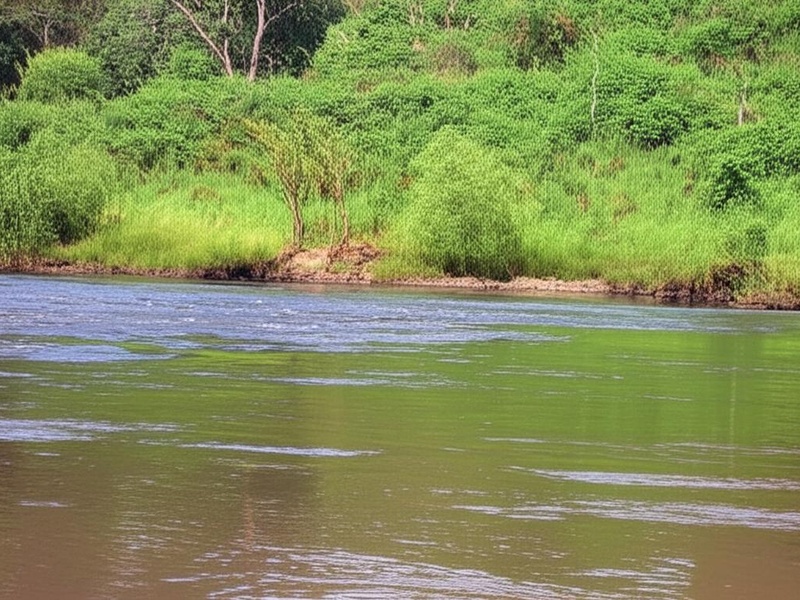
Mnyera
Act as a regional river in central or eastern Tanzania. Show seasonal flooding and support local farming communities and wildlife.
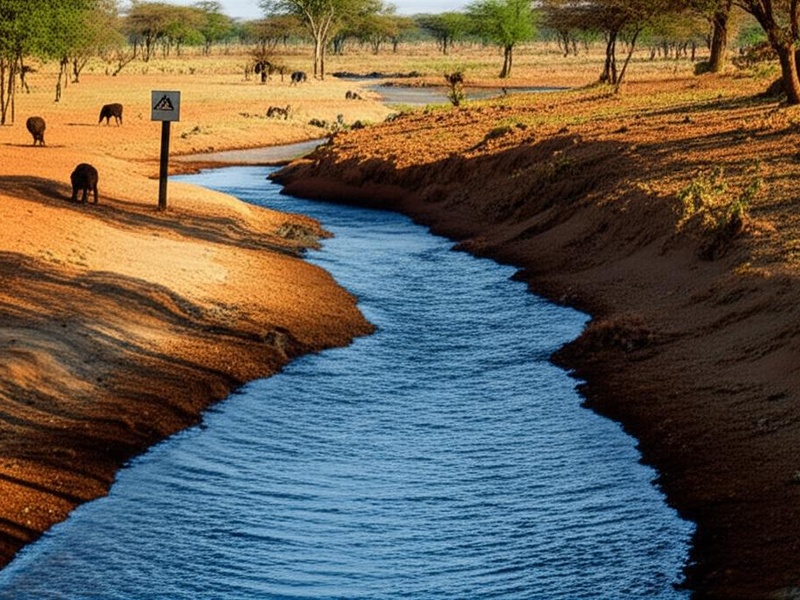
Sibiti
Exist as a minor river or stream in Tanzania’s rural zones. Provide seasonal water for villages and small farms.
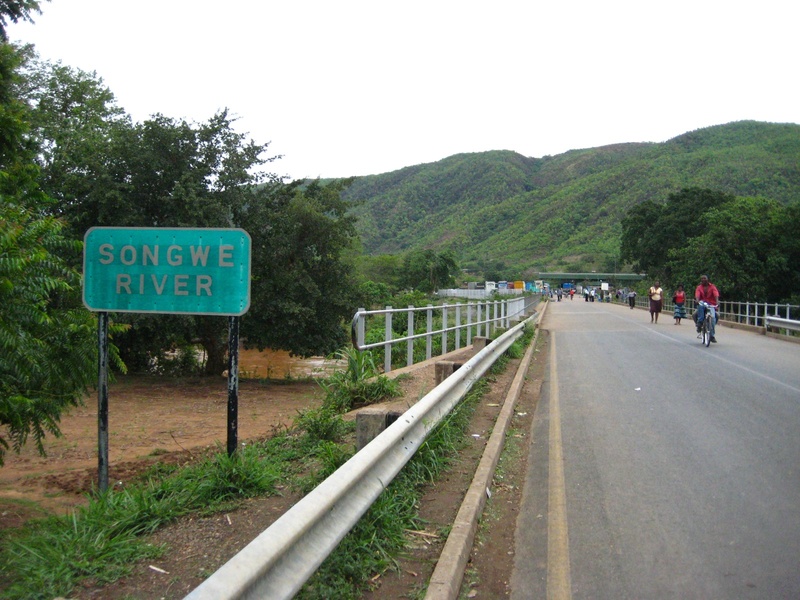
Songwe
Form part of the border with Malawi and flow into Lake Nyasa (Lake Malawi). Drain highland areas in the south and support cross-border communities.

Bubu
Appear as a smaller coastal or island river in northern Tanzania. Show seasonal flows and support local freshwater needs.
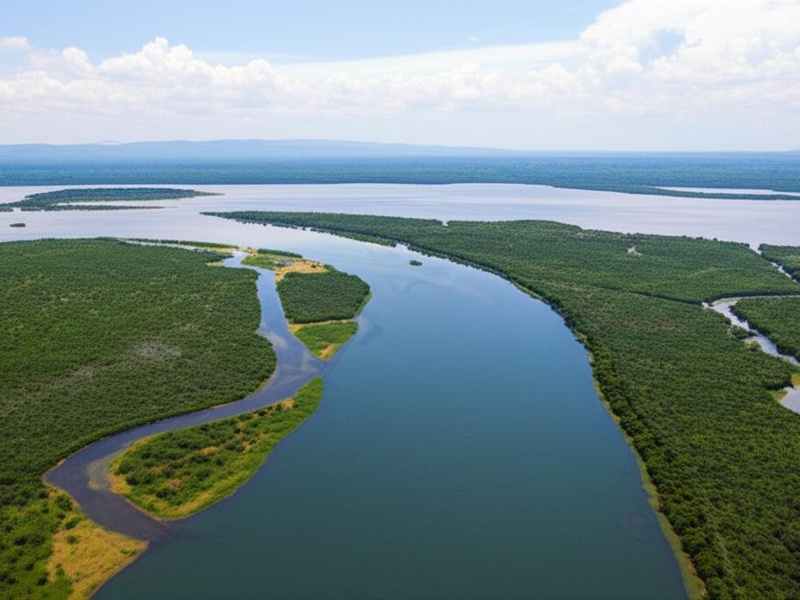
Lufubu
Run in western Tanzania as part of large lake or inland drainage systems. Support wetlands and local fisheries near Lake Tanganyika or adjacent basins.
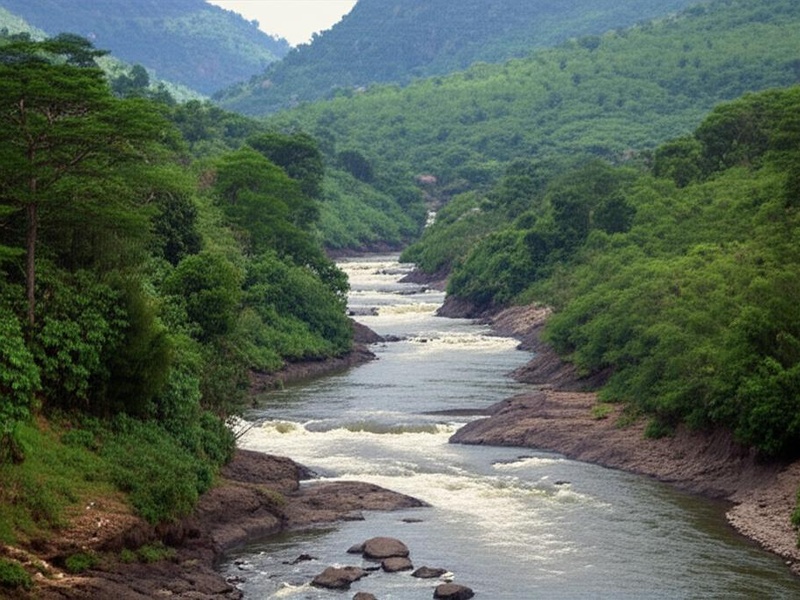
Njombe
Serve as a regional river in the southern highlands near the town of Njombe. Carry upland water and support local agriculture and towns.
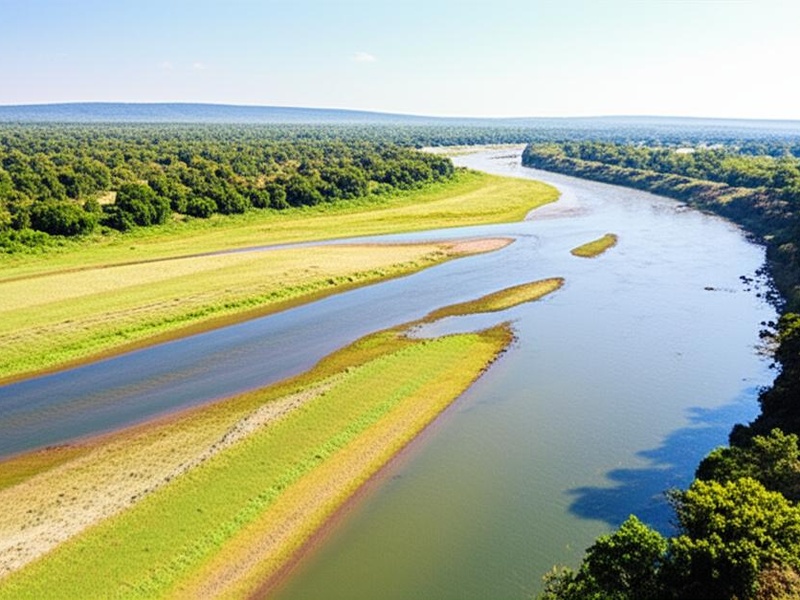
Lukosi
Flow from forested highlands toward larger coastal or inland rivers. Support local mills, irrigation, and biodiversity in upland areas.

Duma
Exist as a minor stream in Tanzania’s varied landscapes. Show seasonal flow and supply local water for farming and livestock.
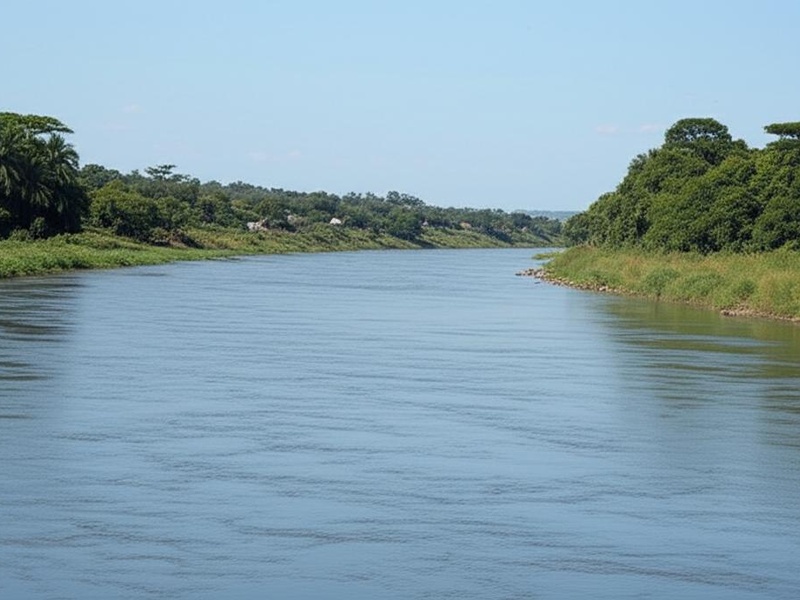
Ngerengere
Run through Morogoro and flow toward the coast as a tributary of larger coastal systems. Supply water to Morogoro town and support local farms.
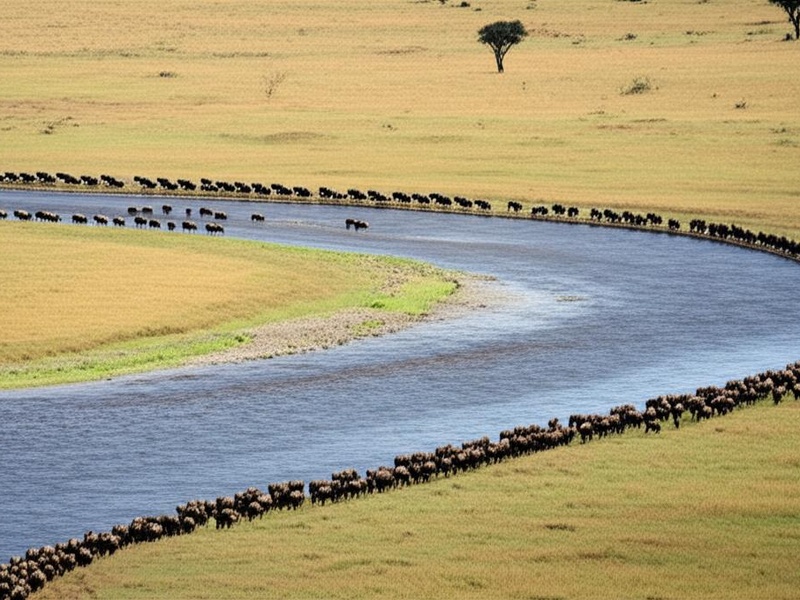
Mbalageti
Flow near the western Serengeti and feed plains used by wildlife. Form a seasonal river in northern Tanzania and support park ecosystems.
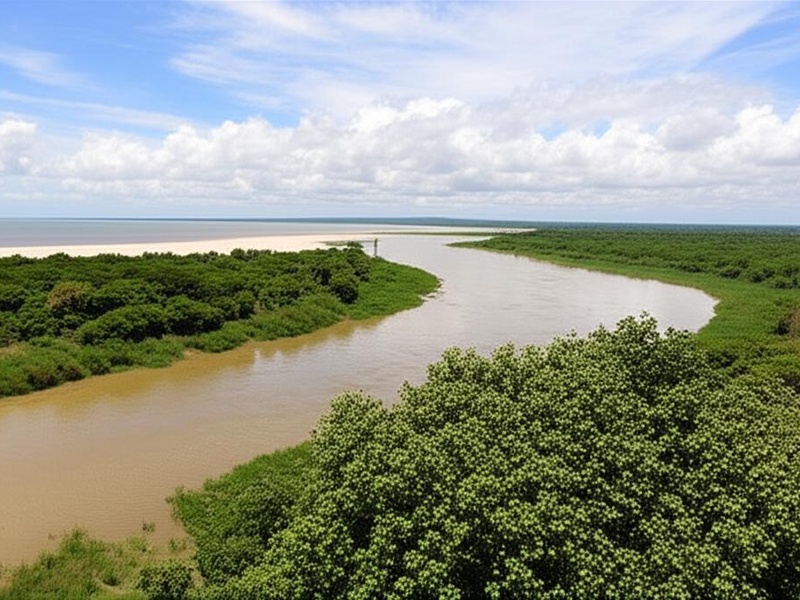
Lukuledi
Run in southeastern Tanzania and flow to the Indian Ocean near Lindi. Support coastal fishing and cultivation along its lower course.
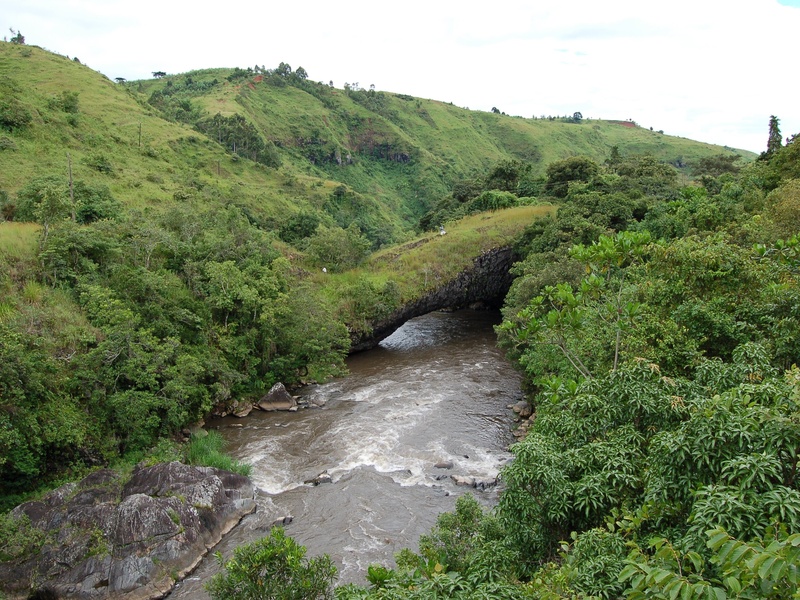
Kiwira
Flow from the southern highlands around Rungwe toward Lake Nyasa (Lake Malawi). Support irrigation and show steep upland channels and waterfalls.
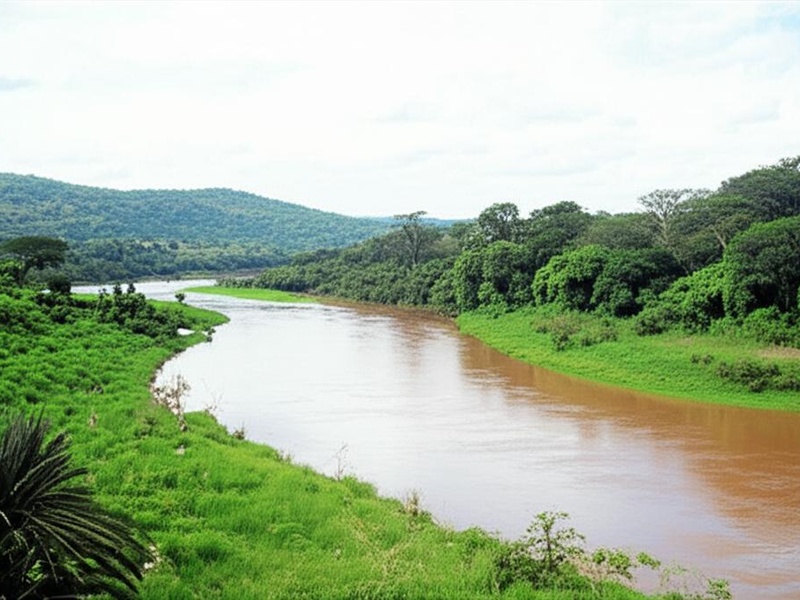
Luhombero
Form a coastal or southeastern river system with seasonal flows. Support lowland agriculture and link upland rains to the coast.
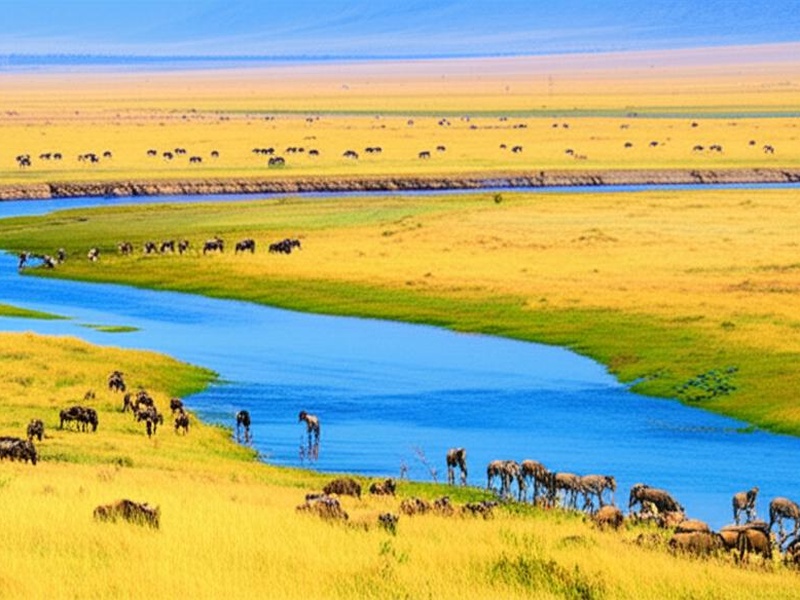
Orangi
Exist as a smaller river in northeastern Tanzania, often tied to coastal basins. Show seasonal flow and feed nearby plains and villages.
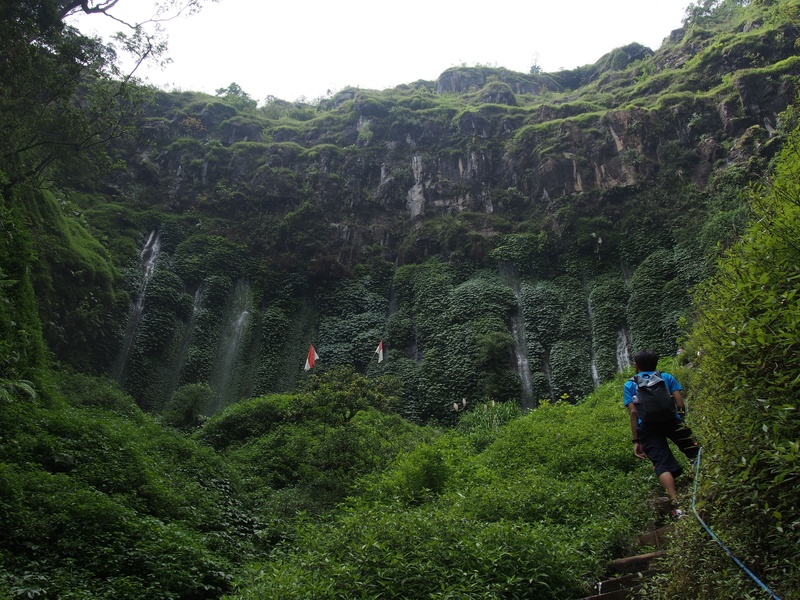
Pitu
Serve as a minor regional river or stream with seasonal flows. Support local uses for watering and small-scale farming.
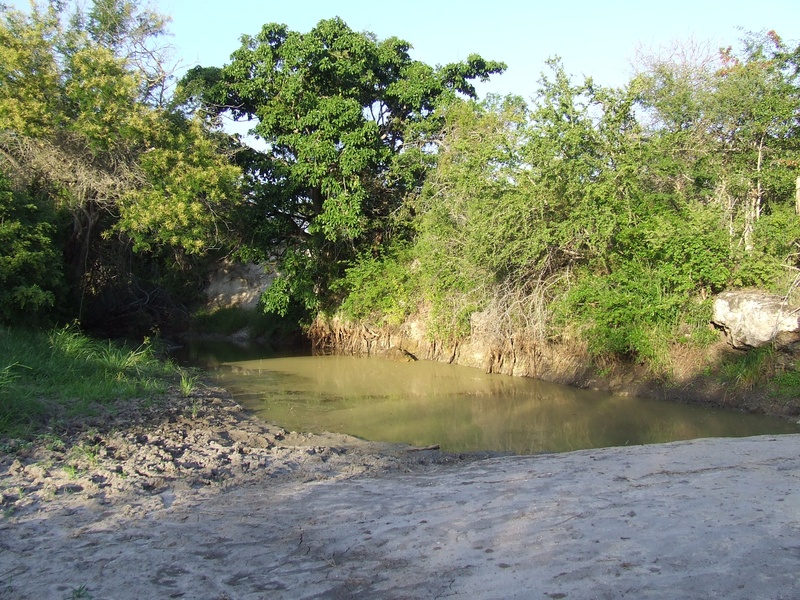
Mkomazi
Flow near Mkomazi National Park and belong to the Pangani or coastal basin. Feed dryland bush and support conservation areas.
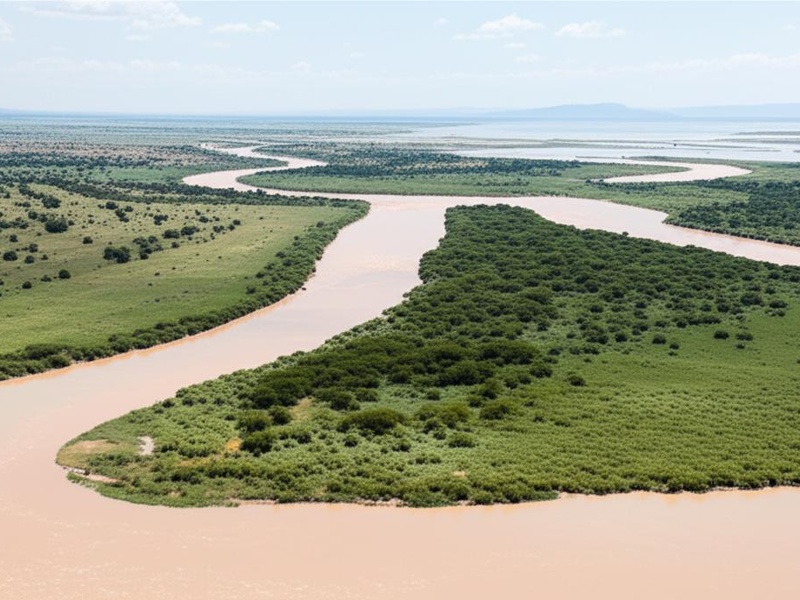
Kavu
Act as a small stream in Tanzania’s upland or coastal regions. Provide local water and join larger rivers during the rains.
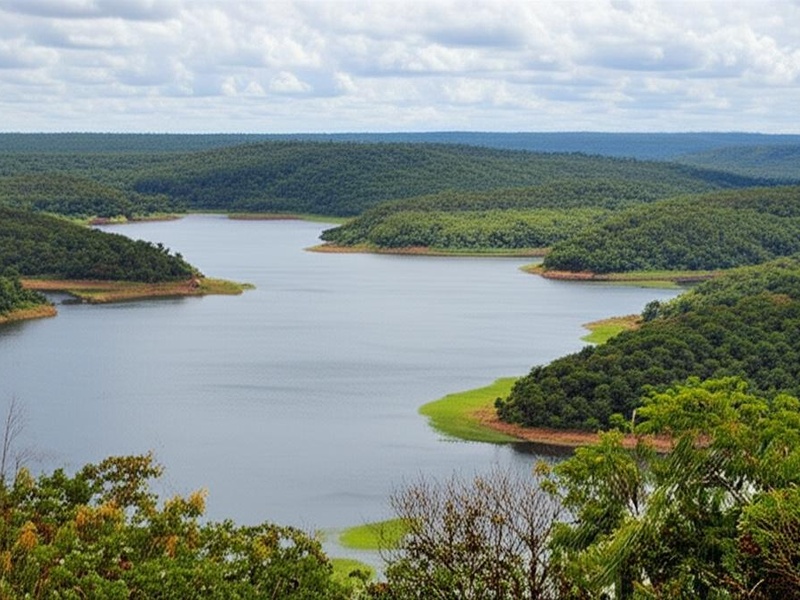
Rumakali
Run in southern Tanzania and feed reservoirs or coastal plains. Support small-scale hydropower and downstream farms in wet seasons.
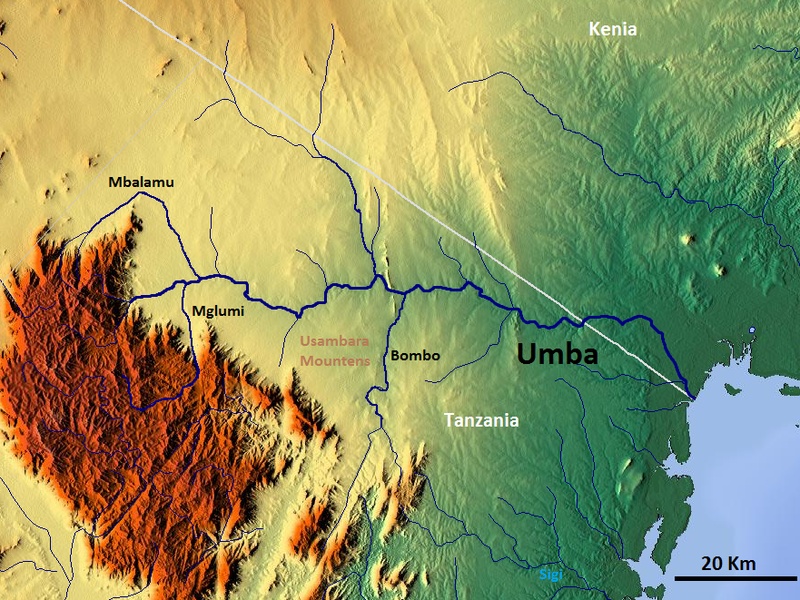
Umba
Flow from northeastern highlands and drain to the Indian Ocean. Form border or cross-border catchments and support coastal communities.

Mchuchuma
Exist as a smaller upland river in the southern highlands near mining or agricultural zones. Show seasonal flow and local importance.
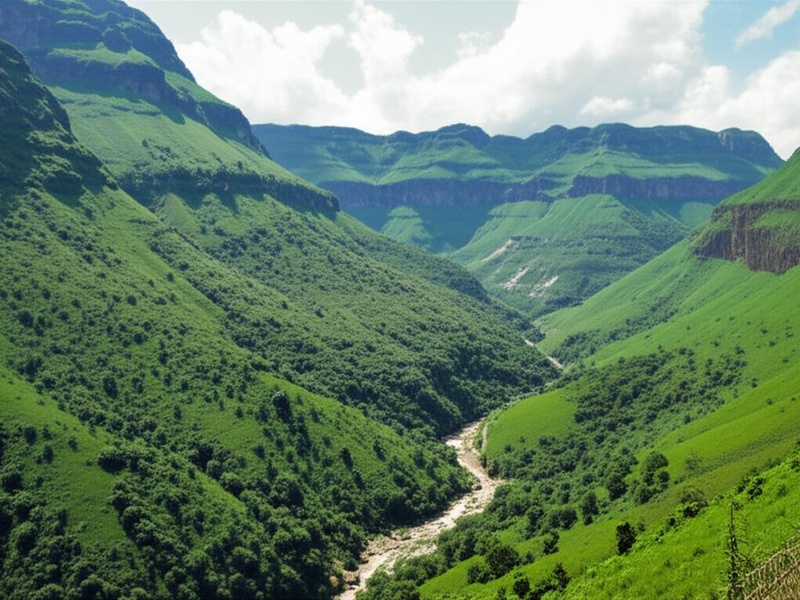
Mgeta
Run from the Uluguru Mountains into larger lowland rivers. Form part of the Kilombero–Rufiji catchment and support Morogoro region water supplies.

Zira
Serve as a minor river or seasonal stream in Tanzania. Support small farms and local recharge of groundwater.
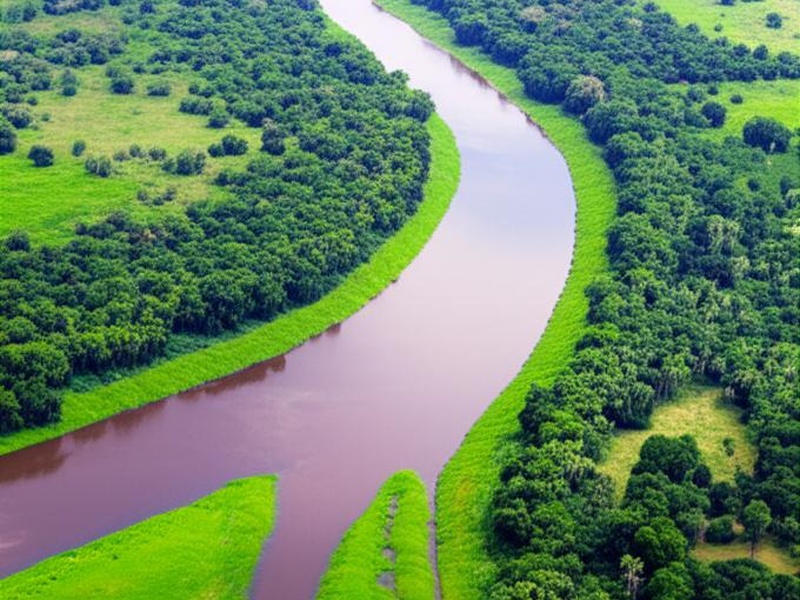
Kingani
Flow in northern Tanzania toward coastal basins like the Pangani. Support irrigation and local villages along its course.
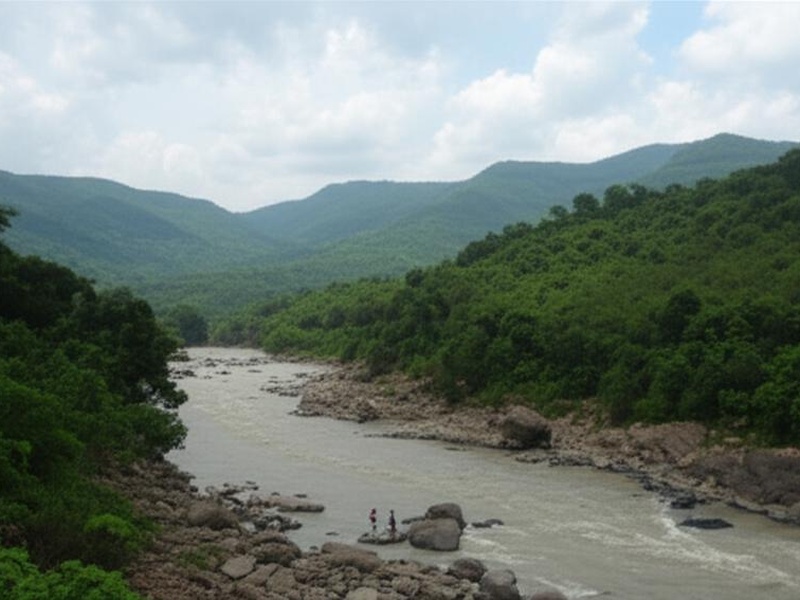
Zigi
Rise from the Uluguru slopes and flow east to the Indian Ocean near Tanga. Supply water for towns and coastal agriculture.

Lawati
Exist as a smaller river in coastal or inland Tanzania. Show seasonal flows and serve local farming and domestic needs.
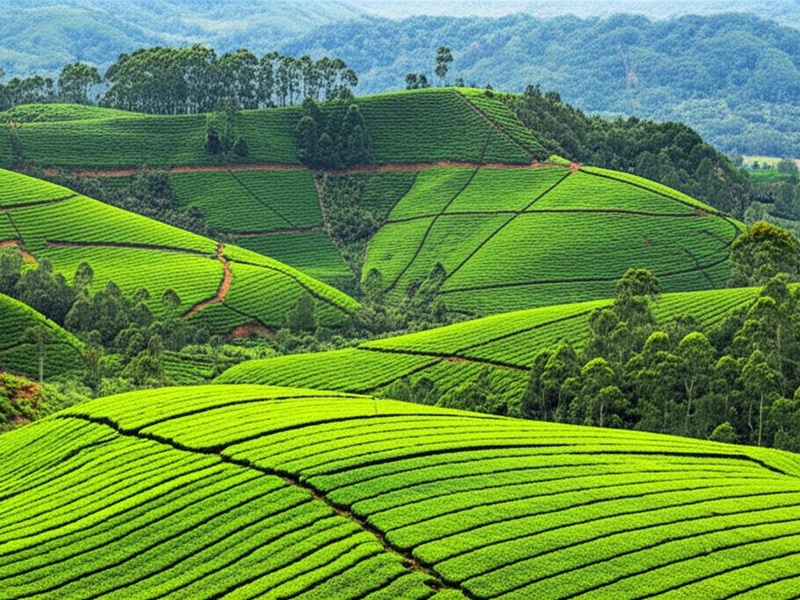
Lufilyo
Run in the southern highlands and drain toward Lake Nyasa or internal basins. Support upland farming and small local economies.

Mbaka
Serve as a small river in Tanzania’s rural highlands. Provide seasonal water for villages and livestock grazing.
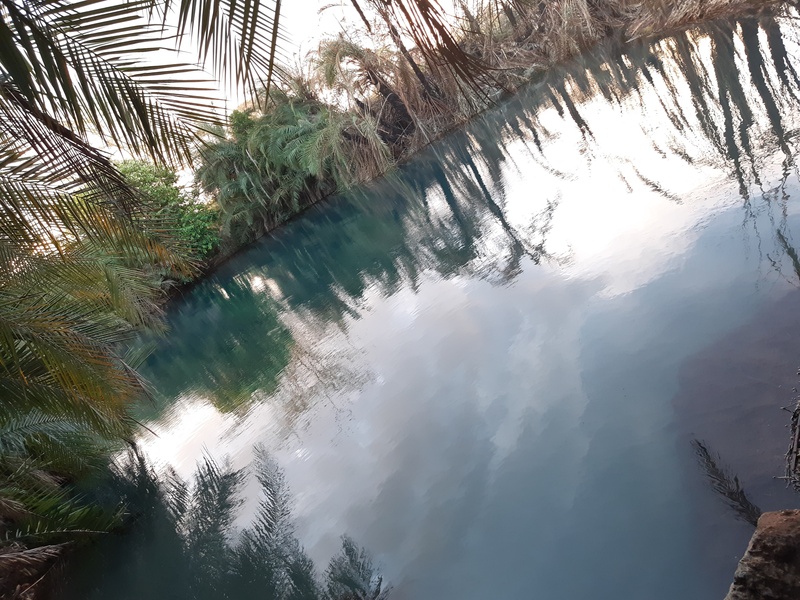
Kikuletwa
Form a clear, perennial tributary of the Pangani basin. Rise near Mount Meru and feed irrigation schemes and tourist springs.
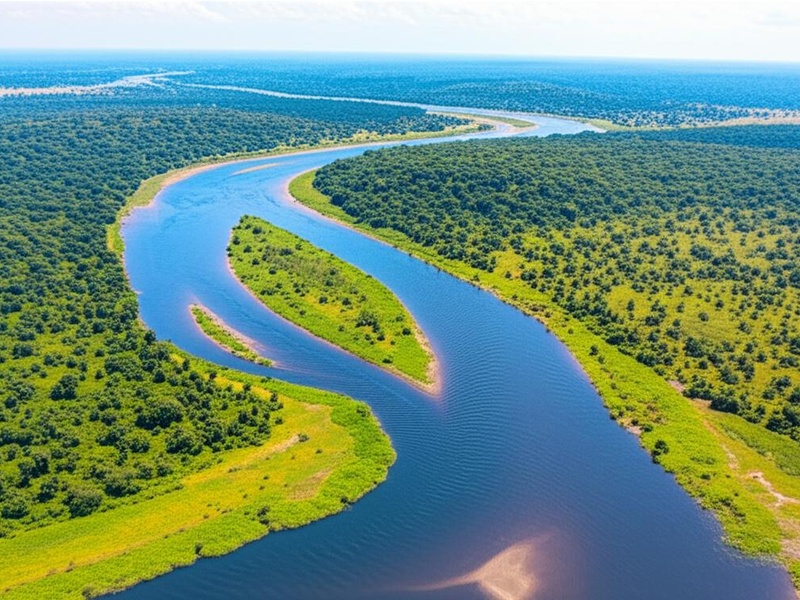
Luiche
Exist as a minor river in central or southern Tanzania. Show seasonal flow and feed local wetlands and farms.
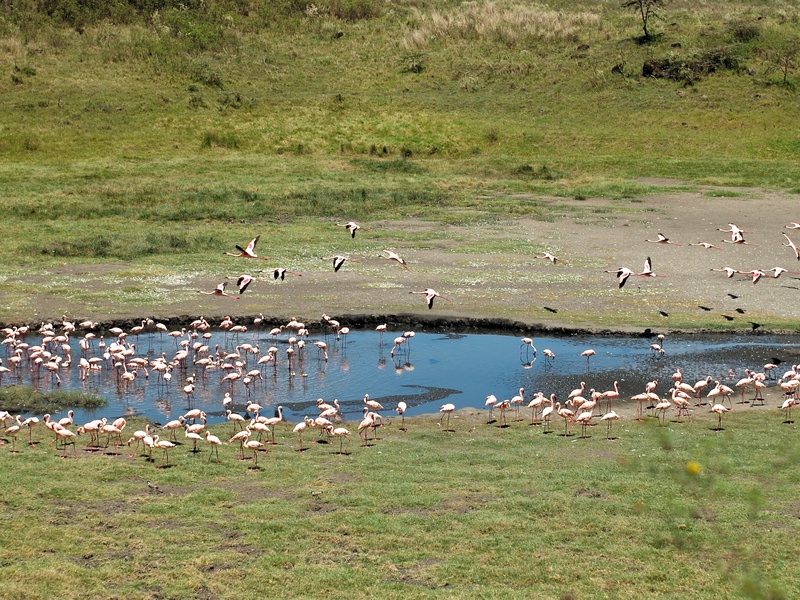
Momella
Run inside Arusha National Park and end in the shallow Momella lakes. Support birdlife and park wetlands near Arusha.

Usa
Act as a local river in northern Tanzania, often part of the Pangani or coastal systems. Provide water for small towns and farms.

